Crypto regulation may help drive growth in poorer areas
- Published
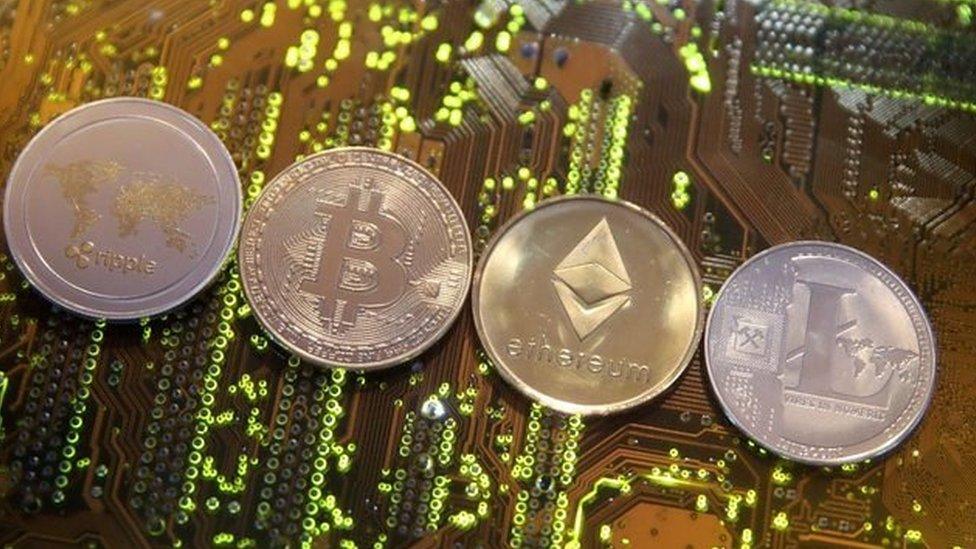
The south west could benefit from crypto regulation, one expert has claimed
The south west is "perfectly positioned" to benefit from plans to regulate cryptocurrency, an expert has claimed.
Chancellor Rishi Sunak recently announced his intention to make the UK a "global hub" for crypto.
The move could spread wealth to areas - like parts of the south west - that have lacked investment, crypto entrepreneur Herbert Sim has said.
Academic Chris Carr said he was "doubtful" this would happen.
He explained that while "some people have managed to get wealthy, there is still a concern that this will benefit the rich, who can afford to take risks and invest early".
'Distribute wealth'
Despite this, he said the emerging industry - which has been likened to a virtual form of cash - could create platforms "that aim to distribute wealth more evenly".
"There are certainly people out there who have this aim in mind."
Crypto expert Mr Sim - who has even trademarked the name "Bitcoin Man", external - is more optimistic and believes Mr Sunak's plans could "reverse these fortunes" in areas which have historically lacked investment.
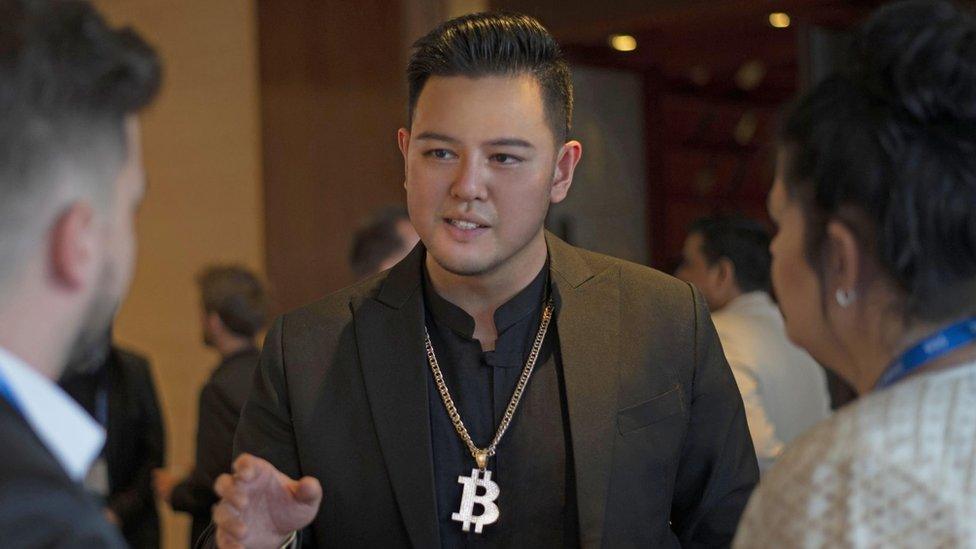
Herbert Sim believe the UK is "perfectly positioned" to benefit from cryptocurrency regulation
Attracting more of the £1.64 trillion global industry to areas like Swindon, Cheltenham and Gloucester would provide a welcome boost by creating highly-skilled and paid jobs like blockchain engineers and cryptocurrency developers, he said.
He added: "The UK and the south west is perfectly positioned to capitalise on the growth of crypto.
"Crypto is only going one direction - and that is firmly towards growth. There is no shortage of demand so the only question that matters is where it is going to set up base.
Chinese crackdown
"With China's crackdown on Bitcoin and the crypto mines (which use vast quantities of power to create new blockchain through vast computer networks), we already see the shift of Bitcoins from China to the USA and Canada.

What is crypto?
Cryptocurrency is a digital form of money that is traded over a computer network called a blockchain which keeps record of all transactions
Crypto coins are created through a process called mining, which involves using computer power to solve complicated mathematical problems
Unlike conventional currencies there is no central point of control like there is with the Bank of England for the pound sterling
This has led to a lot of price volatility with the Bank of England saying, external it is a "risky investment"
Despite peaks and troughs the industry has steadily grown since its inception around 2009 and appears to be on the cusp of regulation in the UK
This came after the chancellor said, external in April that he said he wanted the UK's financial industry to remain at the "forefront of technology and innovation"

"Developing nations such as El Salvador and India are racing towards embracing Bitcoin, and leap-frogging past first world countries.
"That all requires a highly-skilled and tech-savvy workforce. With all the universities and existing tech companies in UK and the south west it is ideally suited to capitalise on that opportunity."
Both men spoke after recent figures from the Office for National Statistics revealed, external that the region has the joint slowest growing research and development (R&D) workforce in the country.
Investment in the sector is a key driver of growth and seen as vital to improving living standards in the current cost of living crisis.
Figures from the ONS revealed that the number of R&D jobs in the south west has climbed just 43.8% over the past decade - less than a fifth of London's figure.
The region's M4 corridor has had some success in attracting tech companies including Dyson, Just Eat and Huawei.
'Reverse' fortunes
But they have not delivered the number of highly-skilled and paid jobs to push the area up the list and is currently sits joint-bottom.
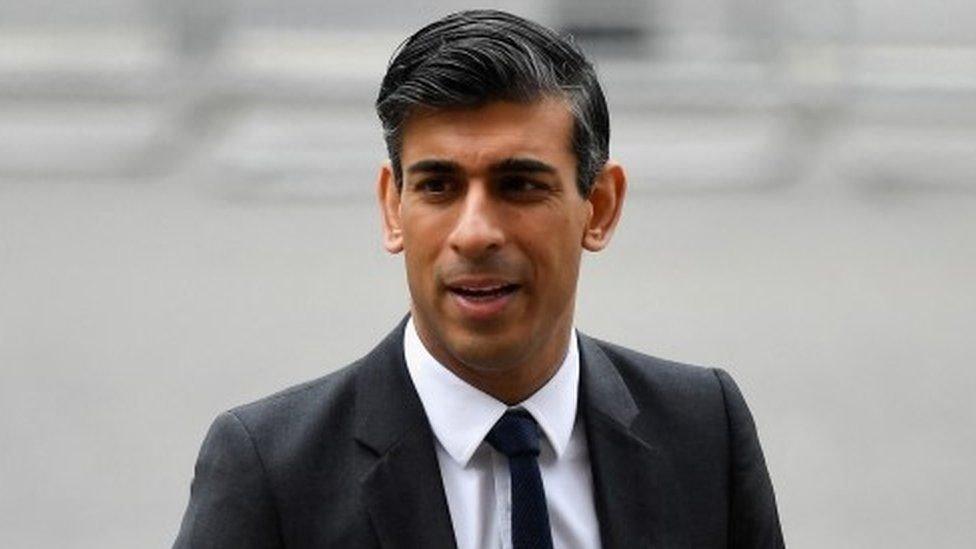
Chancellor Rishi Sunak wants to turn the UK into a "global hub" for crypto
Crypto is also increasingly used in "play-to-earn" games that are built on blockchain technology.
'Paradigm shift'
Mr Sim - who has himself invested in play-to-earn game ETHEKing.io - says it has sparked a "paradigm shift, which will revolutionise the gaming industry".
He believes this gaming mechanism is "only going to explode and grow exponentially, with more and more brands jumping on the bandwagon, as the investors and gamers flood in."
University of the West of England (UWE) lecturer Xiaojun Luo agrees that crypto could "further stimulate" the area's economy.
She thinks that "appropriate regulations are needed to reduce the volatility of cryptocurrencies, protect consumers from illicit activities" and generate a new source of government revenues.

UWE lecturer Xiaojun Luo could "stimulate growth" in the south west's ecomony
Dr Luo explained that "adopting suitable regulations" makes the market more liquid and would "further enhance the ability of participants to buy and sell crypto assets".
"The higher transaction rate of crypto assets can further stimulate the south west economy."
Currently the University of Bristol and UWE both offer degrees in Fintech so have students familiar with the sector, blockchain programming and international banking and finance law.
But Dr Carr - a lecturer at the University of Exeter - is not convinced that any of this would help spread wealth despite some crypto-proponents wishing to do so.
He said that while remote working could benefit the south west, the "knock on effect" could be that the jobs are outsourced abroad.

Professor Christopher Carr is "doubtful" that crypto will spread wealth across the region
He added: "I am doubtful on the wealth spreading, though I sincerely hope so.
Compete financially
"Regulation may help, but at the moment the crypto markets are heavily influenced by 'whales' who have enough money to effectively pump and dump any coin.
"There is still plenty of things like that going on."
He urged universities in the area to create developers and coders by running courses which "teach people how to build these technologies themselves, even if that is not their intended career path".
However the problem is that universities "can't or don't want to" compete financially with what top quality blockchain creators can earn in the commercial world.

Follow BBC West on Facebook, external, Twitter, external and Instagram, external. Send your story ideas to: bristol@bbc.co.uk , external
- Published25 March 2022
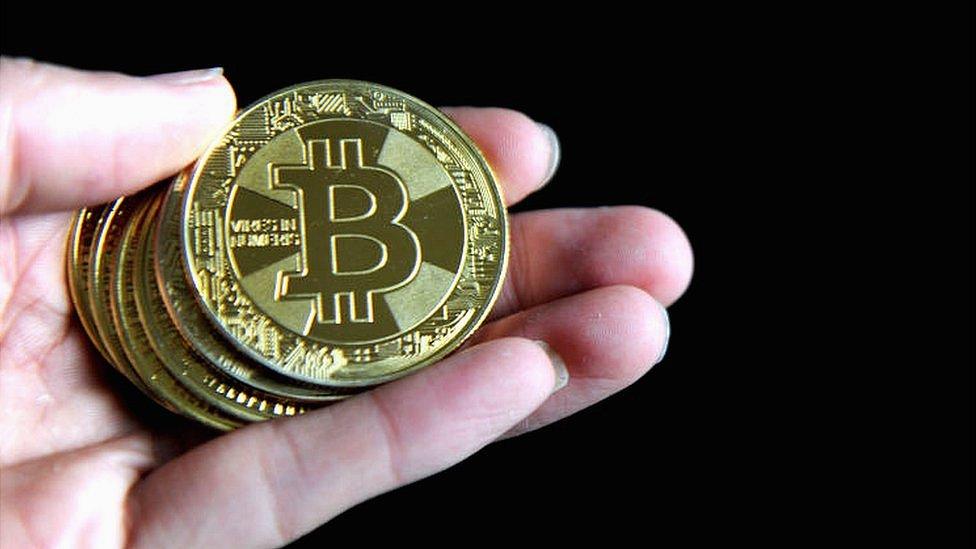
- Published11 March 2022
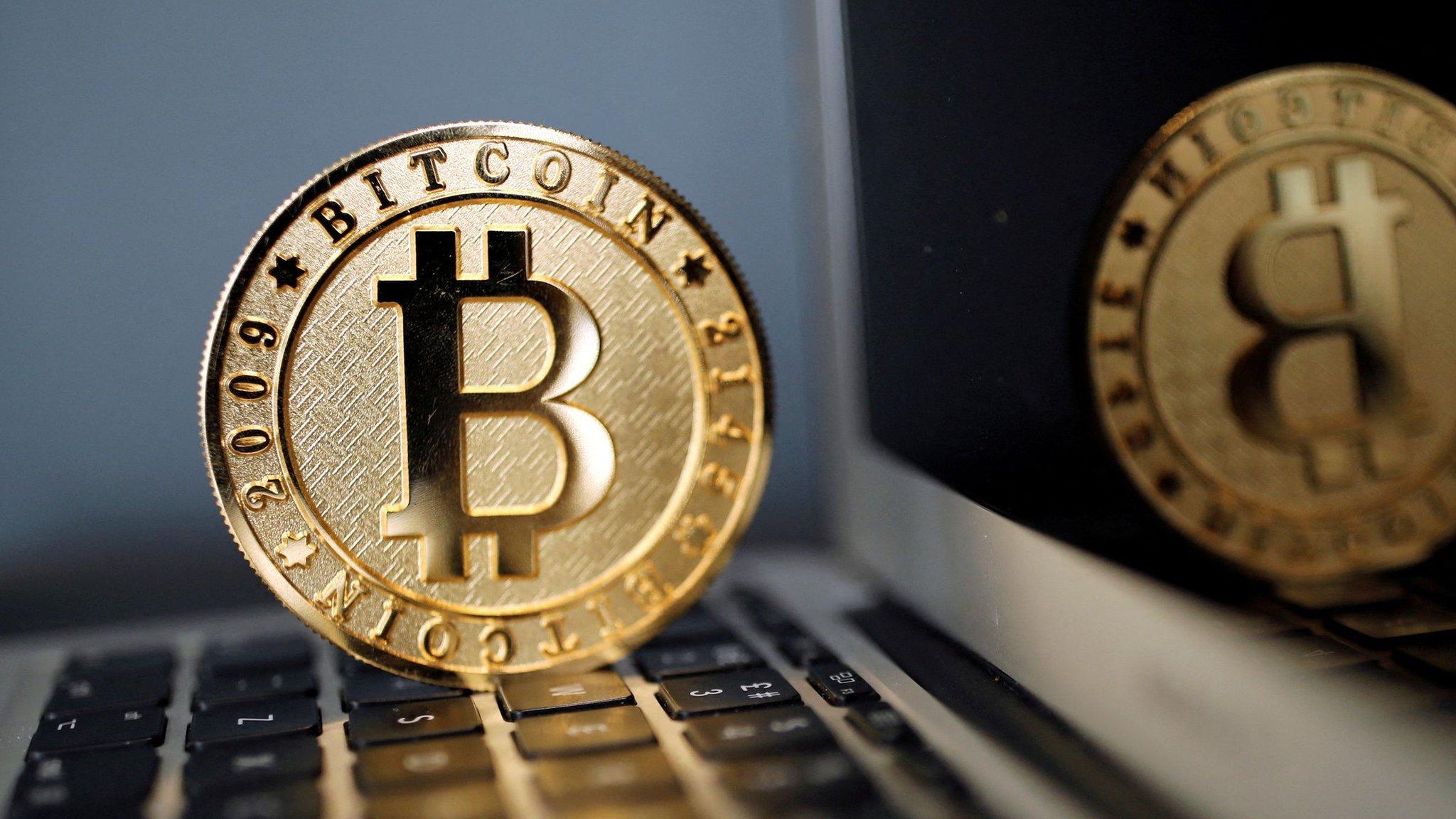
- Published18 January 2022
